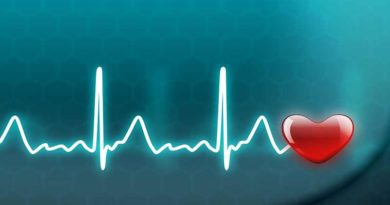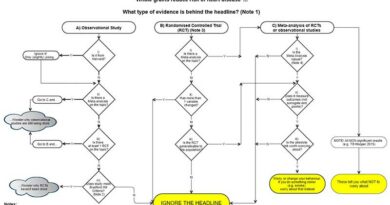The Basics of Nutrition – Vitamins

Introduction
Micronutrients are, as the name suggests, those needed by the body in smaller quantities. (Macro meaning large and micro meaning small). Vitamins and minerals fall into this category. (We also need water and oxygen, but I’ll take those as read).
There are 13 vitamins in total: A, B1, B2, B3, B5, B6, B7, B9, B12, C, D, E and K. The fat-soluble vitamins are A, D, E and K and, as their name suggests, they are found in fats and need to be consumed in/with fats for their absorption. The water-soluble vitamins are vitamin C and the vitamin B group, which comprises: B1 (thiamine); B2 (riboflavin); B3 (niacin); B5 (pantothenic acid); B6 (pyridoxine); B7 (biotin); B9 (folic acid) and B12 (cobalamin). Biotin is sometimes called vitamin H.
Water soluble vitamins are easily lost, as the body loses water (through sweat, urine and faeces) and, therefore, we need to ensure that we get sufficient vitamins B and C each day. Fat soluble vitamins can be stored by the body, but we should still be at least averaging the recommended minimums daily, so that we don’t fall behind.
The rest of this article is available to site subscribers, who get access to all articles plus a weekly newsletter.
To continue reading, please login below or sign up for a subscription. Thank you.




